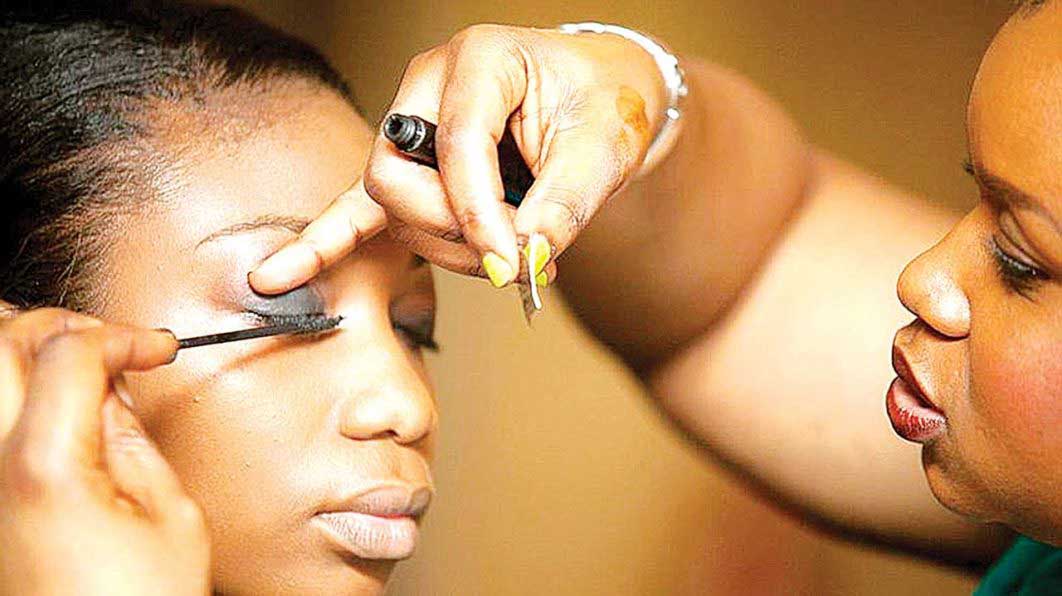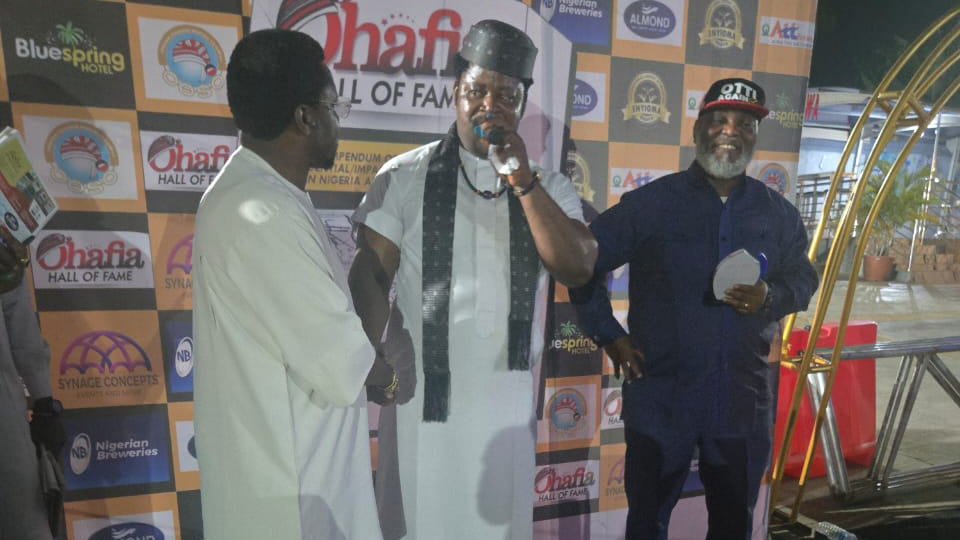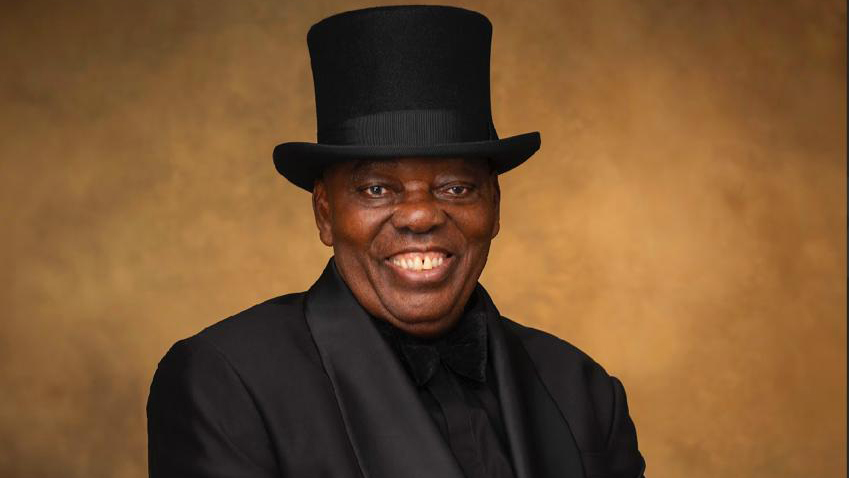
Exactly one week to the governorship election in Anambra State, women groups have tackled the Independent National Electoral Commission (INEC) over its advice to female voters in the state to avoid wearing makeup to the polling stations or risk being disenfranchised.
INEC’s Deputy Director, Gender Desk, Chika Osuji, who gave the advice, said it became necessary because of the Bimodal Voter Accreditation System (BVAS) the agency would deploy to capture voters’ faces during the poll.
Osuji, who spoke in Awka during a voters’ education and sensitisation forum for persons with disabilities and women groups, organised by the International Foundation for Electoral Systems, United States Agency for International Development and the Consortium for Elections and Political Process Strengthening, had said: “The BVAS will be used during the Anambra gubernatorial election to enable
voters to use their fingerprints during accreditation at the polling units.
“I know many women may not be able to engage makeup artists due to restriction of movements; but for those who can’t do without makeups, we appeal to you to minimise the level of the painting. If we can’t read your fingerprints, we can read your face, and if we cannot read your face, you are not a registered voter and we will not allow you to participate.”
Reacting to the development, the Founder, HEIR Women Development, Anuli Ola-Olaniyi said it was not possible for the electoral body to bar women from exercising their electoral rights, advising that the commission should instead educate and advice women on the do’s and don’ts that would apply on election day.
“When I saw the headline of the story, it made me laugh because the topic is too sensational. First of all, I have an issue with the title and I think our media need to report things like this in a better light. If we are using the BVAS to vote and the system is said to capture certain features on individual’s faces and that is what it takes to cast our votes, then I will suggest we all follow the rules as much as possible. The last time I went to vote in 2015 and my thumbprint was to be captured, I had to clean my thumb severally because I was sweating so much and it wasn’t being captured properly. There are rules around usage of these tools, which we are not in control of.
“For instance, with international passports, some countries require you to take passport photos in a certain way. Some rules state that your face mustn’t be covered in any way; you cannot have any hair in front of your face because the person going to give you visa cannot see your entire face. Some insist on white backgrounds and other requirements.
“The point is that there are rules to these tools and how they are to be used. Some insist on packing your hair in a ponytail and if you have a centre part, you are told to put your hair behind your ears before you are captured. All these are simply for proper identification purposes and for you not to be stopped when you show your passport anywhere.
“The system has been built like that, but I have an issue with how they are saying women would be barred from the poll if they wear makeup. You can’t bar women from using makeup or from voting because they have makeup on. I think what would be more intelligent is to sensitise people, especially women, on how this particular tool is used for registration and how it would benefit us to ensure that all the rules and regulations that come along with voting in the Anambra elections can be adhered to,” Ola-Olaniyi said. She frowned at the way the message was passed, describing it as insensitive and poor.
“However, if I am going to vote on the day of election, makeup is not a priority for me but making sure I get there early and queue up to vote; that is more important to me. Like they have said already, if you have lip gloss on and a bit of makeup, that’s fine but remember the goal is for one to be recognised and cast one’s vote,” she said.
The Executive Director, Women’s Rights and Health Project, Bose Ironsi, said the issue was blown out of proportion.
“Barring women from voting in the election because of something as minor as makeup should not even be said aloud. Besides, elections are usually in the morning and on a work-free day, how many women would show up with a face full of makeup? But let us even imagine that some might indeed show up that way on that day, all that should be done is to let them know that the system being used currently might not capture their image correctly, not threatening to bar them from exercising their rights. There are so many pressing issues that they should concern themselves with such as security and safety of women voters, election credibility and ensuring that the votes of the women that voted count. Makeup can be wiped off easily but violence against women during elections, which is very rife, cannot. The latter is what they should focus on,” she said.
The Project Director, Vision Spring Initiatives, Ngozi Nwosu-Juba, said the decision by INEC to ban women with heavy makeup ahead of the Anambra election was a case of leaving substance to chase shadow.
Her words: “Elections as clearly stated by the Electoral Act are the civic duties and responsibilities of citizens of any country and for individuals who have attained the voting age and are of a stable mind.
“Unfortunately, Nigeria is currently challenged by insecurity, kidnappings, abductions and high incidence of abuse in the hands of state and non-state actors. These are burning issues that might affect the rights of Nigerians to exercise their franchise. This should be the focus of INEC and not women’s appearance, which does not in any way pose a threat to the elections. This pronouncement by INEC further belittles women and puts them in a position of ridicule and body shaming, while portraying INEC as an unserious agency.
“Nigerian women who constitute almost half of the population have been sidelined in leadership and decision-making positions. There have been no concrete steps by this administration, political parties and other agencies to bridge this gap. The government has not considered it fit to pass the National Gender Policy with its affirmation of 35 per cent women in leadership into law. The Gender and Equal Opportunity Bill has been facing setback at the National Assembly. One would have thought that this would be the focus of INEC.”
Nwosu-Juba also noted that there have been threats by secessionists to ensure that the election does not hold, saying that should be of concern to INEC and not how women appear on election day.
“There is general lockdown of Southeast states every Monday and threats of a week-long shut down during the week of the elections in Anambra State. It is sad that INEC has chosen to take a very unpopular stand amid these issues, which further portrays the insensitive and patriarchal nature of the Nigerian nation.
“I call on INEC to re-focus its attention to burning issues in the country in respect of the election and ensure that credible elections hold in Anambra State with women and men safe to exercise their franchise,” she added.
For the Executive Director, Initiative for Women and Girls Right Advancement (IWOGRA), Nkechi Obiagbaoso-Udegbunam, INEC’s comment was unfounded.
According to her, if left to fly, it would eventually lead to the regulation of makeup for women in Nigeria.
“Banning women with heavy makeup for ease of facial capture is not justifiable. During capture to get the Permanent Voters’ Card (PVC), most women were on makeup and they were not told to clean off their makeup before being captured. How then would they ascertain such a woman’s face during election when she comes to vote without makeup?
“More so, women have a right to bodily autonomy and should decide what happens with their bodies without any form of purported regulation that will have a long-term effect on that right. Therefore, it is important for all to condemn the ban by INEC, otherwise it would lead to a future legislation regulating how women should beautify themselves,” she said.






